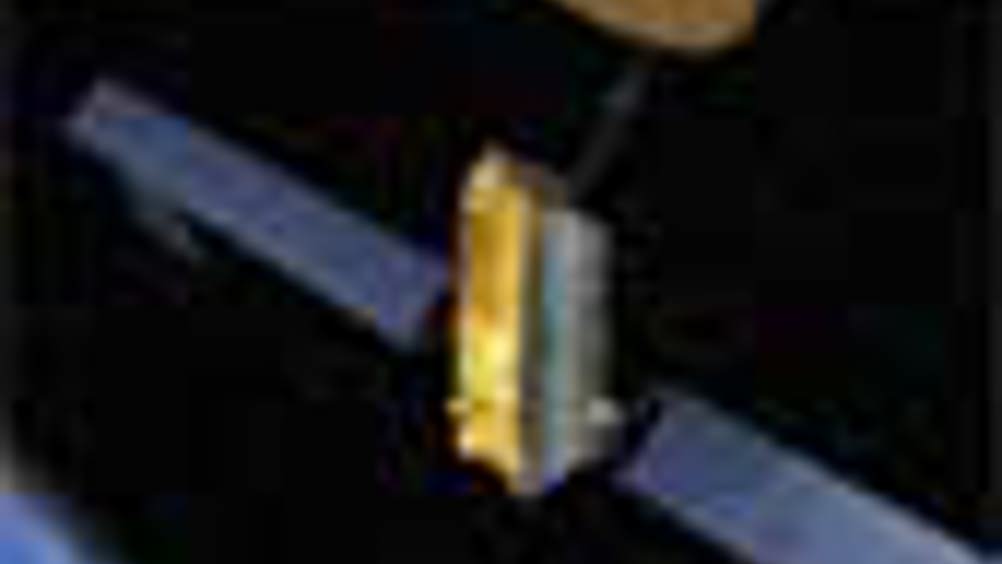Inmarsat in major expansion plans
London-based global satellite operator Inmarsat has unveiled plans to raise £380m through a stock market flotation.

London-based global satellite operator Inmarsat has unveiled plans to raise £380m through a stock market flotation.
The group, which offers advanced satellite communications services to, among others, the military, airlines, shipping and broadcasters, would be worth over £1bn if the flotation proceeds as expected later this month.
The cash will help Inmarsat pursue its ambitious plans to offer high-speed broadband services covering 98 per cent of the world’s population by the end of next year.
The group recently launched the first of its Inmarsat-4 satellites, which will support its Broadband Global Area Network (BGAN) system. BGAN will herald a major expansion of Inmarsat’s capabilities on land, adding to its established technologies serving the aerospace and marine sectors.
According to Inmarsat, BGAN will offer end-users ‘data transmission rates of 492kb/s, similar to, and in some cases higher than, the transmission rates planned for 3G terrestrial wireless networks.’ Target applications include video conferencing and providing private corporate data networks.
Register now to continue reading
Thanks for visiting The Engineer. You’ve now reached your monthly limit of news stories. Register for free to unlock unlimited access to all of our news coverage, as well as premium content including opinion, in-depth features and special reports.
Benefits of registering
-
In-depth insights and coverage of key emerging trends
-
Unrestricted access to special reports throughout the year
-
Daily technology news delivered straight to your inbox










Pipebots Transforming Water Pipe Leak Detection and Repair
Fantastic application.